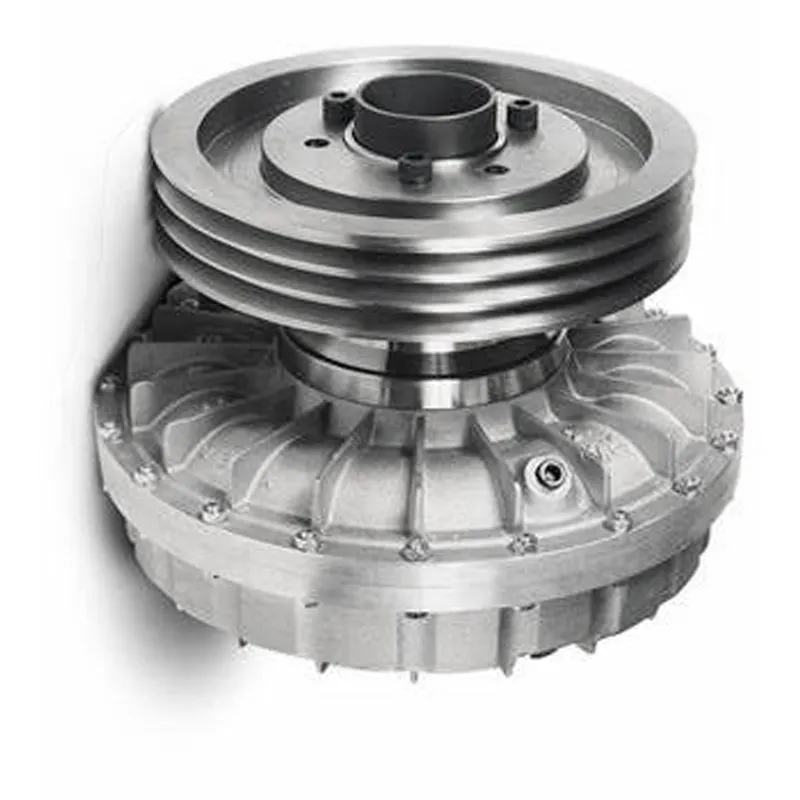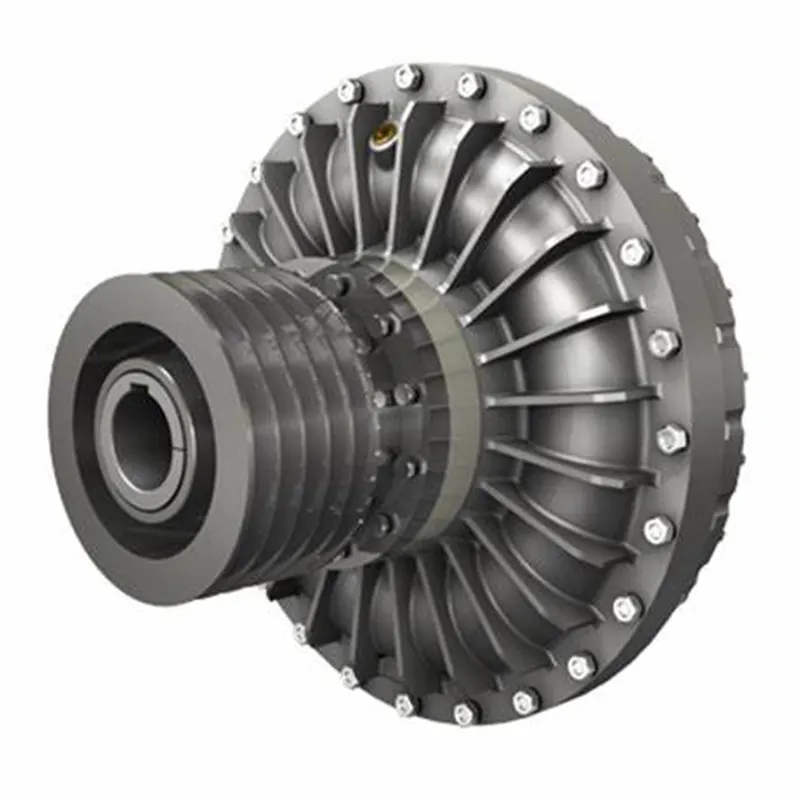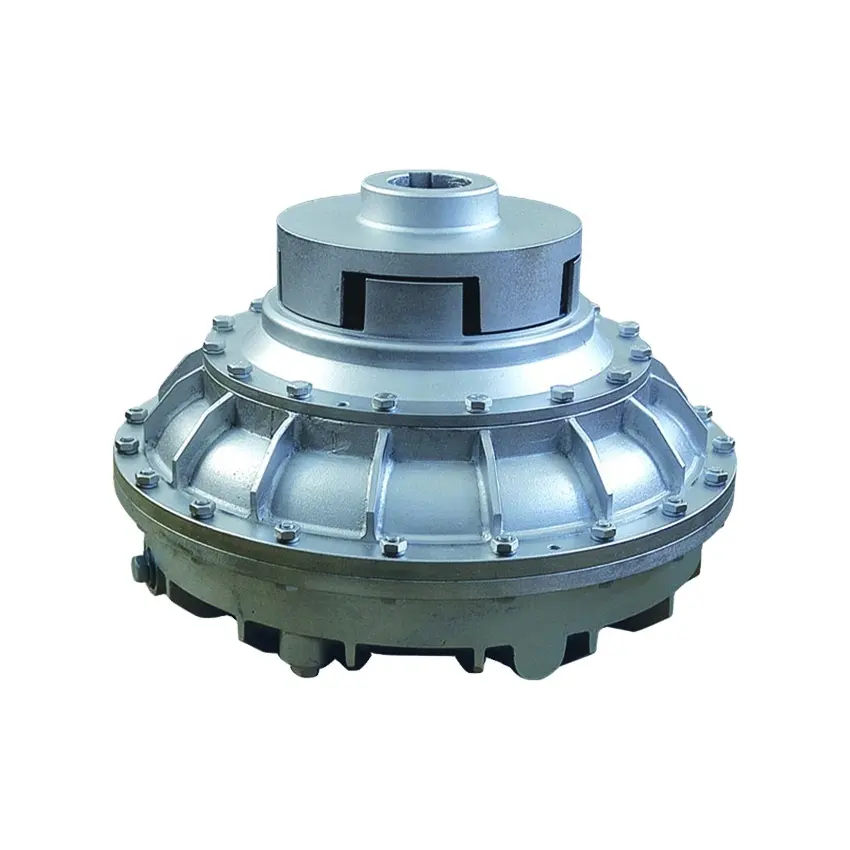Product Description
HangZhou Yihexing Industrial Materials Company is a leading industrial and trade company specializing in the design and production of machine industrial automation components. Our product range includes medical precision mold accessories, sensors, spray guns, pneumatic components, guide rails, bearings, linear bearings, bushings, and much more. We cater to various industries such as fuel vehicles, new energy vehicles, electronic accessories, packaging, aerospace, and industrial automation. Contact us for more information.
Shaft Coupling
Product Name: Shaft Coupling
Category: Shaft Coupling
Keywords: Shaft Coupling, Flexible Coupling, Rigid Coupling, Motor Shaft Coupling, Coupling for Machinery, Industrial Shaft Coupling, Shaft Connector, Coupling Sleeve, Shaft Joint Coupling, High Torque Coupling, Universal Coupling, Quick Coupling, Flange, Connector, Joint
Introducing the Shaft Coupling from HangZhou Yihexing Industrial Materials Company. Our Shaft Coupling is designed to provide a reliable connection between shafts, offering flexibility and high torque transmission. Whether you need a flexible or rigid coupling for your machinery, our Shaft Coupling is the perfect solution. With a universal design and quick coupling feature, it is easy to install and use in various industrial applications.
Description:
Shaft Coupling for High Torque Applications
Our Shaft Coupling, designed by HangZhou Yihexing Industrial Materials Company, is perfect for high torque applications in industrial machinery. Whether you require a flexible or rigid coupling, our product line offers a wide range of options to meet your specific needs.
Features:
- Reliable connection between motor shafts
- Smooth and efficient power transmission
- Durable construction for long-lasting performance
- Easy installation for quick setup
Benefits:
- Cost-effective solution for machinery coupling requirements
- Secure and long-lasting shaft connection
Choose our Shaft Coupling from HangZhou Yihexing Industrial Materials Company for a reliable and efficient solution for your industrial equipment.
/* January 22, 2571 19:08:37 */!function(){function s(e,r){var a,o={};try{e&&e.split(“,”).forEach(function(e,t){e&&(a=e.match(/(.*?):(.*)$/))&&1

Suitability of Oil Couplings for High-Temperature Environments
Oil couplings are generally suitable for applications involving high-temperature environments, provided certain considerations are taken into account:
- Oil Selection: Choose an oil with a high temperature resistance and appropriate viscosity for the anticipated operating temperature range.
- Oil Degradation: High temperatures can accelerate oil degradation, so regular oil analysis and maintenance are essential to monitor and replace degraded oil.
- Sealing and Contamination: Ensure the coupling is properly sealed to prevent oil leakage and contamination, which can lead to overheating.
- Material Compatibility: Verify that the materials used in the coupling can withstand the elevated temperatures without compromising structural integrity.
- Cooling Methods: Consider implementing cooling mechanisms, such as forced air or cooling jackets, to dissipate excess heat.
- Operating Conditions: Evaluate the duration and frequency of high-temperature operation and factor in any temperature fluctuations.
When appropriately designed, maintained, and monitored, oil couplings can effectively operate in high-temperature environments, providing reliable power transmission and torque conversion.

Applications of Oil Couplings in Various Industries
Oil couplings find applications in a wide range of industries where their unique features are advantageous. Some common examples include:
- Marine Industry: Oil couplings are often used in marine propulsion systems to transmit power from engines to propellers. Their ability to handle variable speeds and torque fluctuations makes them suitable for marine vessels.
- Mining and Heavy Machinery: In large mining equipment and heavy machinery, oil couplings can efficiently transfer power between engines and drivetrain components, allowing for smooth operation in challenging conditions.
- Industrial Manufacturing: Oil couplings are used in various manufacturing processes where precise control of speed and torque is essential. Their ability to provide gradual startup and dampening of shock loads is beneficial in these environments.
- Power Generation: Oil couplings are utilized in power generation equipment, such as generators and turbines. They help maintain consistent power output even when load and speed vary.
- Pumping Systems: Oil couplings are employed in pumping systems where variable flow rates and pressure conditions are common. Their adaptability to changing conditions ensures efficient pump operation.
- Construction Equipment: Construction machinery, such as cranes and excavators, can benefit from oil couplings’ ability to handle varying loads and speeds, ensuring safe and controlled operation.
These are just a few examples of the diverse industries where oil couplings play a crucial role in ensuring efficient and reliable power transmission under varying conditions.

Role of Oil Viscosity and Temperature in Oil Coupling Performance
The viscosity of the oil used in an oil coupling and the temperature at which the coupling operates play crucial roles in determining the coupling’s performance and efficiency:
Oil Viscosity: The viscosity of the oil refers to its resistance to flow. It affects the lubricating ability and overall efficiency of the coupling. The right oil viscosity ensures proper lubrication between the coupling’s components, reducing friction, wear, and heat generation. Oil with insufficient viscosity might not provide adequate lubrication, while oil with excessive viscosity might result in energy losses and overheating.
Temperature: The operating temperature of the oil coupling impacts its viscosity and performance. As temperature increases, oil viscosity tends to decrease, potentially leading to inadequate lubrication and increased wear. Conversely, at very low temperatures, the oil’s viscosity might become too high, hindering smooth rotation. It’s crucial to select an oil with a viscosity-temperature relationship that matches the coupling’s operating conditions.
Viscosity-Temperature Relationship: The choice of oil should consider the viscosity-temperature relationship of the oil. Some oils maintain a relatively consistent viscosity across a wide temperature range, making them suitable for applications with varying temperatures. Others might require additional heating or cooling systems to maintain the optimal viscosity level.
Oil Cooler and Heater: In applications where temperature variations are significant, oil couplings might include oil coolers or heaters to regulate the oil’s temperature. This helps maintain consistent viscosity and ensures optimal lubrication and performance even in extreme conditions.
Manufacturer Recommendations: Manufacturers of oil couplings often provide guidelines on the recommended oil viscosity and operating temperature range for their specific couplings. Following these recommendations helps ensure that the coupling functions efficiently and enjoys a longer service life.
By understanding the relationship between oil viscosity, temperature, and coupling performance, you can select the right oil and implement appropriate temperature control measures to optimize the functioning of your oil coupling.


editor by CX 2024-04-13
by
Leave a Reply